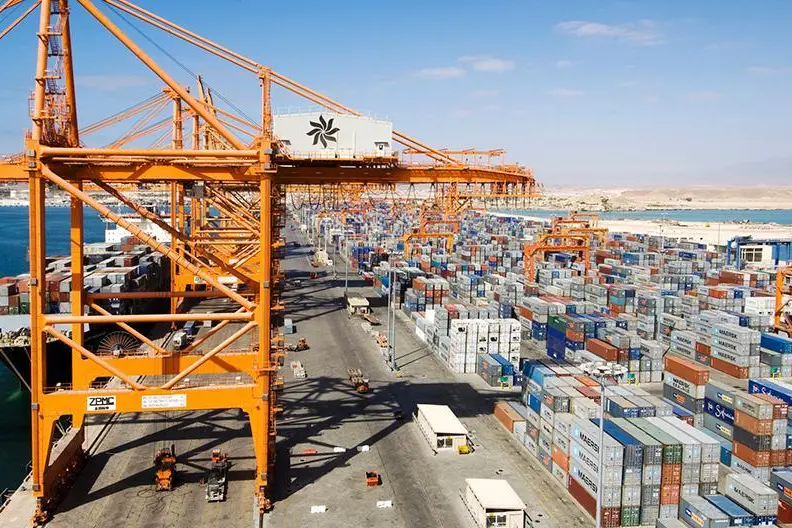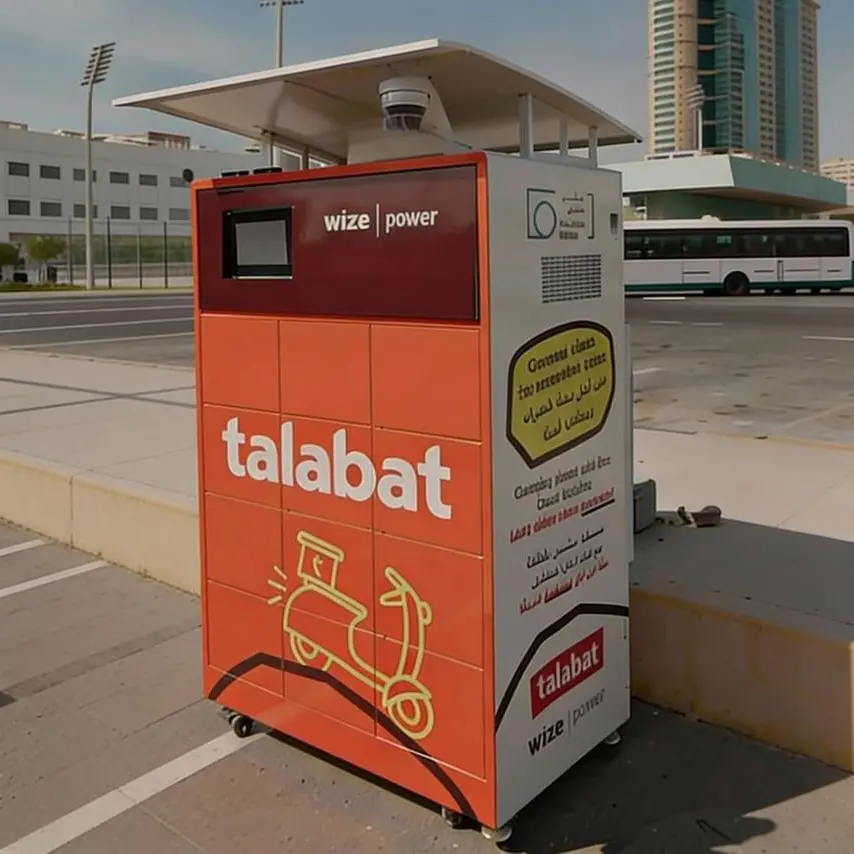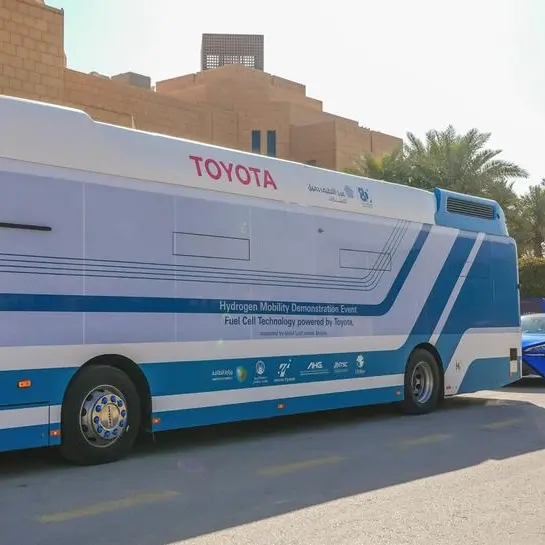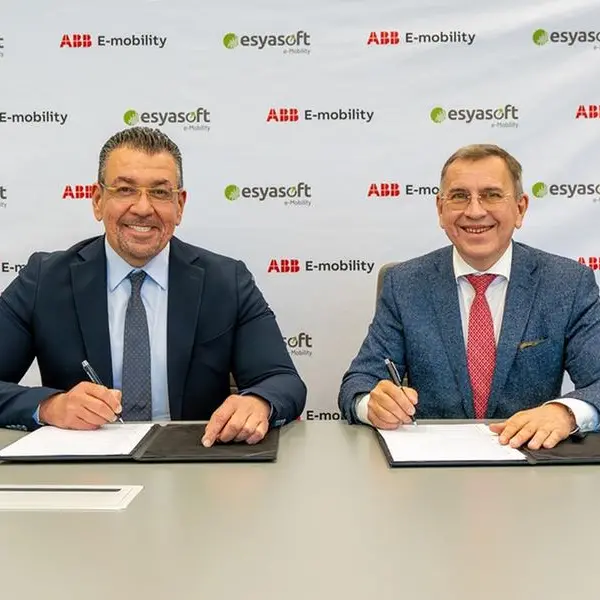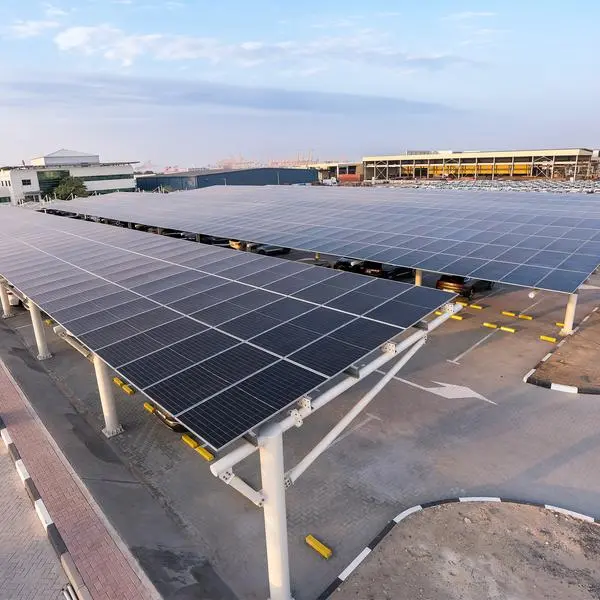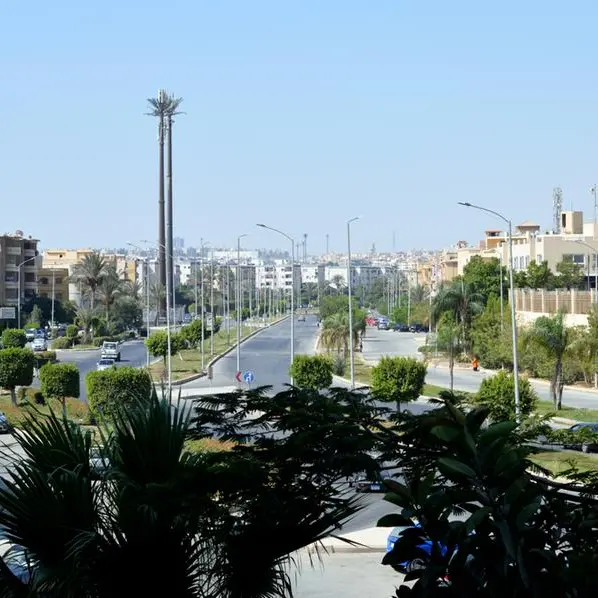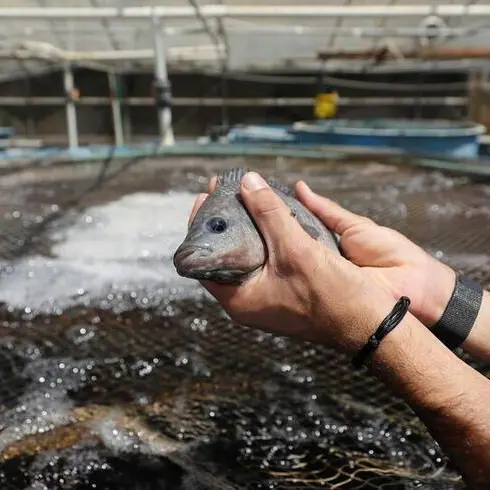PHOTO
The requisite regulatory and infrastructural underpinnings, necessary to support the eventual decarbonisation of Oman’s transportation and logistics sector, are being rapidly set into place, according to Eng Said Hamoud al Maawali (pictured), Minister of Transport, Communications and Information Technology.
Speaking at a seminar hosted by Bloomberg in London recently, Al Maawali said his Ministry, along with other stakeholders driving the nation’s Net Zero strategy, have ratcheted up the pace at which the transportation industry – a key contributor to planet-warming carbon emissions – is making the switch to greener fuels.
“The overarching theme is to go green, and to help the rest of the world go green as well,” he said. “And if you’ve been following the news recently, there have been a lot of signatures with regard to the production of green hydrogen.” Al Maawali was referencing multibillion-dollar project agreements signed in recent months by Oman with international and local developers for the launch of a new industry centring on the production of green hydrogen – presently the clean fuel of universal choice in helping contain global warming and climate change.
The high intensity of solar and wind resources at the same location in multiple parts of the country has made Oman an optimal destination for renewables and green energy based investments, he said. The green hydrogen industry is being established in parallel with a national commitment to achieve carbon neutrality by 2050 – a pledge that Oman publicly declared ahead of most countries in the region, he stated.
Significantly, Net Zero will apply not only to transportation, but the broader logistics industry in Oman, explained Al Maawali in his talk. “Our goal is to go Net Zero by 2050, but to go fast! When it comes to mobility, especially land transportation, our programme is moving fast. Recently, we announced a whole host of incentives for the usage of Electric Vehicles. In fact, we are the only country in the region to have announced incentives in the form of zero import tax on the purchase of these cars, as well as registration of these vehicles.” Furthermore, with charging stations proliferating around the capital city and beyond, the adoption of Electric Vehicles is rapidly picking up in Oman, Al Maawali said.
EV vehicle imports have grown ten-fold over the past year with a further uptick expected going forward, he said. This growth in EV uptake is also happening in parallel with a strong expansion of the EV charging infrastructure, particularly with contracts signed recently for the installation of charging stations to serve EV motorists travelling across the length of the country.
Additionally, plans are afoot to enable ships to switch to electricity when they come alongside at any of Oman’s maritime ports. Once operationalized, ships can hook up to low-emission electrical power instead of keeping their emission-intensive engines running during port calls, the Minister said.
By promoting a switch to greener Electric Vehicles, the goal is to reduce the transport sector’s carbon footprint – presently assessed at 18 per cent of total CO2 emissions. Light vehicles powered by internal-combustion engines (ICE) account for 60 per cent of this share, Al Maawali pointed out.
Next in the Ministry’s sights will be heavy trucks. With decarbonisation of this segment still some way off, the immediate plan is to make heavy transportation more efficient in Oman, according to the official.
To this end, the Ministry has floated an international tender for the appointment of a firm that will set up an AI-based monitoring system to assess the overall performance of this sector. The longer-term goal is to make Oman’s trucking industry the most competitive in the region, Al Maawali added.
2022 © All right reserved for Oman Establishment for Press, Publication and Advertising (OEPPA) Provided by SyndiGate Media Inc. (Syndigate.info).
